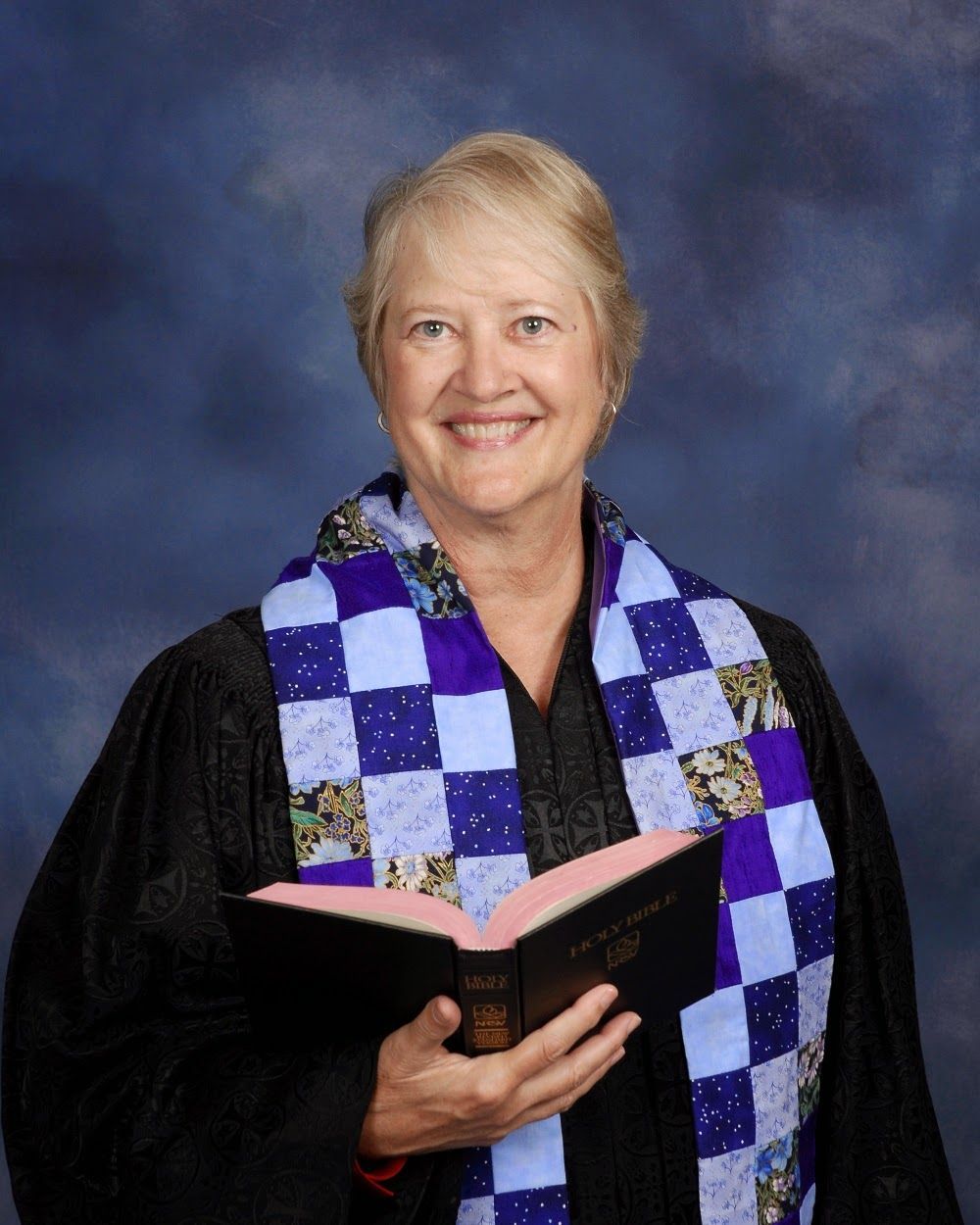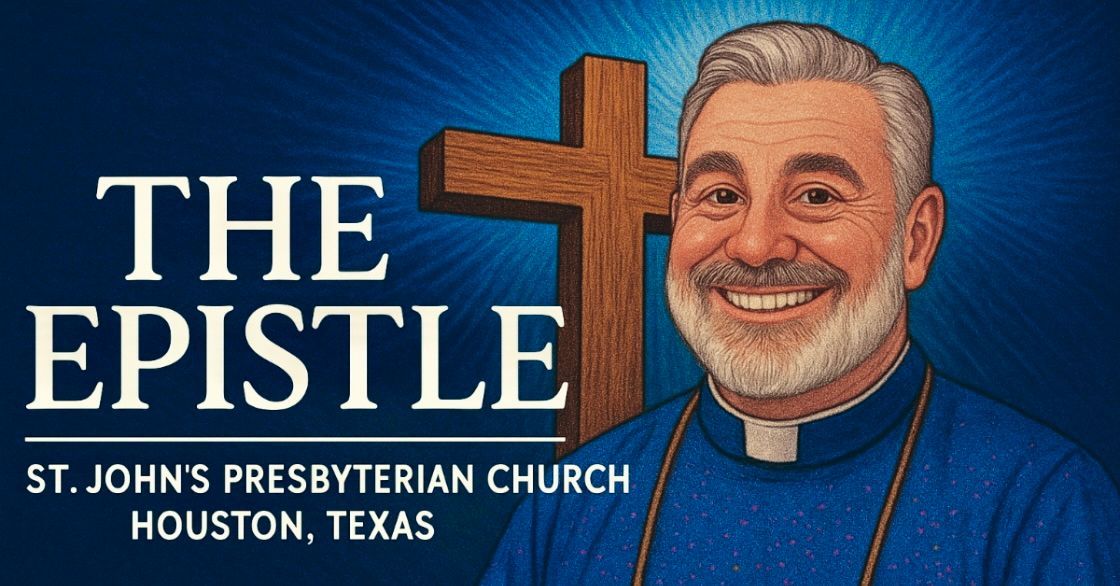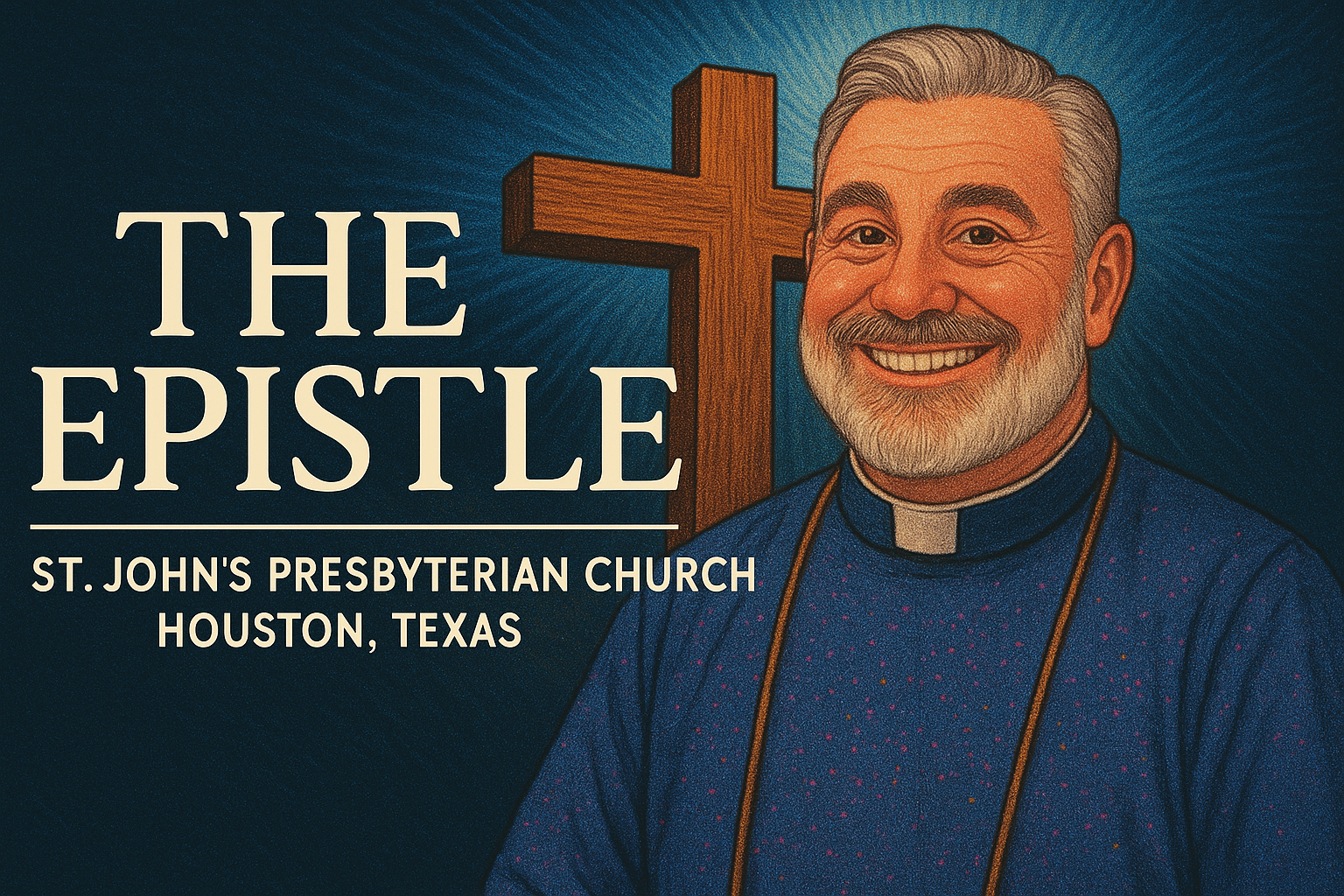Do Presbyterians
Allow Female Pastors?
Understanding Women
in Presbyterian Ministry
When you walk into a Presbyterian church on Sunday morning, you might see a woman standing behind the pulpit. Or you might not. The answer to whether Presbyterians ordain women as pastors depends entirely on which Presbyterian denomination you're asking about.
This confuses a lot of people. They hear "Presbyterian" and assume all Presbyterian churches follow the same rules. But the Presbyterian family tree has several branches, and they hold different convictions about women serving as pastors and elders.
Let me help you understand what these differences mean and why they matter if you're looking for a church home in Houston or anywhere else.
The Short Answer: It Depends on the Denomination
The Presbyterian Church (USA), often written as PC(USA), is the largest Presbyterian denomination in America. They've been ordaining women as ministers since the 1950s and as elders since the 1930s. Women serve as pastors, associate pastors, and in every level of church leadership.
But other Presbyterian denominations take different positions. The Presbyterian Church in America (PCA) does not ordain women to any teaching or ruling office. The Evangelical Presbyterian Church (EPC) allows individual presbyteries to decide. ECO: A Covenant Order of Evangelical Presbyterians permits women's ordination while maintaining a more conservative theological stance than the PC(USA).
So when someone asks, "Do Presbyterians allow female pastors?" the honest answer is: some do, some don't, and some let local churches decide.
Why the Differences Exist
These aren't arbitrary disagreements. They stem from how different Presbyterian groups interpret Scripture and understand church tradition.
Those who support women's ordination point to passages like Galatians 3:28, which declares there is "neither male nor female" in Christ Jesus. They note that women served as prophets and leaders throughout biblical history. They argue that the Holy Spirit gifts people for ministry without regard to gender, and the church should recognize those gifts wherever they appear.
Those who oppose women's ordination typically cite passages like 1 Timothy 2:12 and the pattern of male leadership among the apostles and elders in the New Testament. They believe these establish a permanent structure for church leadership. They often emphasize that this isn't about women's value or capability but about God's design for how authority functions in the church.
Both sides take the Bible seriously. They just reach different conclusions about what it teaches on this particular issue.
A Brief History: How PC(USA) Got Here
The PC(USA) didn't start ordaining women overnight. It took decades of theological reflection, debate, and gradual change.
Women were first ordained as elders in predecessor denominations in the 1930s. The United Presbyterian Church in the USA began ordaining women as ministers in 1956, when Margaret Towner became the first woman ordained to the ministry of Word and Sacrament. The Presbyterian Church in the United States (the southern denomination) waited until 1964 to ordain its first woman minister.
When these denominations merged to form the PC(USA) in 1983, women's ordination was firmly established policy. Today, women serve in every role within the denomination, including as pastors of large churches, seminary professors, and moderators of the General Assembly.
This history matters because it shows that the PC(USA)'s position on women in ministry wasn't a sudden accommodation to cultural pressure. It developed through careful biblical study and theological conversation over many years.
What This Means at St. John's Presbyterian Church
St. John's Presbyterian Church in Houston is part of the PC(USA). That means women can serve in any leadership role here, including as pastors and elders. The church recognizes that God calls and gifts people for ministry regardless of gender.
This isn't just a theoretical position. It shapes how the church operates. Women serve on the Session (the governing body of elders). Women teach, lead, and use their gifts in every area of ministry. When the church needs pastoral leadership, gender isn't a barrier to considering qualified candidates.
For many people seeking a church, this matters deeply. Some grew up in traditions that restricted women's roles and found those restrictions inconsistent with what they saw in Scripture. Others simply want their daughters to grow up knowing they can serve God in any capacity He calls them to. Still others believe that the church is healthier when it draws on the gifts of all its members, not just half of them.
How Other Presbyterian Denominations Differ
The Presbyterian Church in America (PCA) takes a complementarian position. They believe God created men and women as equals in value but with different roles, particularly in church leadership and family headship. PCA churches do not ordain women as teaching or ruling elders or as deacons in most cases. Women serve in vital ways through teaching other women and children, missions, and various ministries, but not in the ordained offices.
The Evangelical Presbyterian Church (EPC) allows each presbytery to decide whether to ordain women. Some EPC churches have women pastors and elders. Others do not. This "agree to disagree" approach reflects the EPC's emphasis on being united around essential doctrines while allowing freedom on secondary issues.
ECO: A Covenant Order of Evangelical Presbyterians ordains women while maintaining more traditional positions on other issues like biblical authority and sexual ethics. ECO formed in 2012 partly in response to theological disputes within the PC(USA), but women's ordination wasn't one of the breaking points.
These differences aren't minor footnotes. They reflect genuine theological convictions about biblical interpretation, church authority, and how God designed the church to function.
What to Ask When Visiting a Presbyterian Church
If this issue matters to you, here are practical questions to ask when you visit any Presbyterian church:
Which Presbyterian denomination does this church belong to? That will give you the framework for their official position, though individual churches sometimes hold views that differ slightly from their denomination's stated policy.
Do women currently serve in leadership roles here? Theory and practice don't always match. A church might technically allow women elders but never actually nominate any. Or a church might belong to a denomination that doesn't ordain women but still give women significant voice and influence in other ways.
How does this church understand passages about women in ministry? Listen to how they talk about it. Do they treat it as a closed question or an ongoing conversation? Do they show respect for Christians who disagree? Their tone tells you as much as their position.
What opportunities do women have to use their gifts? Some churches that don't ordain women still encourage women to teach, lead Bible studies, serve on mission teams, and participate fully in the life of the church. Others restrict women's roles more broadly.
These questions help you understand not just a church's official stance but their actual culture around women in ministry.
Why This Matters for Church Health
Churches need the gifts of all their members to function well. Scripture is clear that the Holy Spirit distributes spiritual gifts to all believers for the common good. When half the congregation sits on the sidelines (or limits their service to certain approved areas), the church operates at half strength.
This plays out in practical ways. A church that ordains women has a larger pool of potential leaders to draw from. Women bring different perspectives and experiences to church leadership. They often notice needs and opportunities that others miss. They connect with people who might not otherwise feel seen or heard.
That said, churches that don't ordain women can still be healthy and effective. Their members would argue that following what they believe is God's design for leadership actually strengthens the church, even if it feels restrictive to outside observers. They'd point to thriving ministries led by women in non-ordained roles and argue that limiting ordained office doesn't mean limiting women's impact.
But here's what I've observed over years of ministry: churches thrive when they take seriously the gifts God has given all their members and create space for those gifts to flourish. Whether that happens through formal ordination or other avenues, the principle remains the same.
Beyond the Ordination Debate
Here's something that often gets lost in arguments about women's ordination: the deeper question is about how we recognize and respond to God's calling.
When someone (male or female) senses God calling them to ministry, how should the church respond? Should we first check whether they fit our theological framework, or should we ask whether they demonstrate the gifts, character, and calling that Scripture associates with church leadership?
Different Presbyterian denominations answer that question differently. The PC(USA) says gender isn't a relevant factor. The PCA says it is. The EPC says let local churches and presbyteries decide.
But all agree on something more fundamental: that God calls people into ministry, that the church should carefully discern and test that calling, and that church leaders must meet biblical qualifications of character and gifting.
The ordination debate matters, but it shouldn't overshadow those shared convictions.
What This Means If You're Seeking a Church
If you're looking for a church home in Houston and this issue matters to you, the denomination label gives you a starting point but not the whole story.
Visit the church. Watch who leads and teaches. Listen to how Scripture is handled. Pay attention to the culture, not just the stated policy. Some churches technically permit women in leadership but rarely see women actually serving in those roles. Others might belong to denominations that don't ordain women but still create space for women to lead and contribute significantly.
Ask questions. Good churches welcome honest questions about theology and practice. How they respond to your questions tells you whether this might be a place where you can grow.
Consider what you're looking for. Do you want a church where women can serve as pastors and elders? Then you'll want to visit PC(USA) churches like St. John's Presbyterian, EPC churches that ordain women, or ECO churches. If you hold a complementarian view, you might be more comfortable in a PCA church.
But don't choose based on this issue alone. A church's position on women's ordination matters, but it's one piece of a larger picture that includes worship style, preaching quality, missions focus, community life, and theological depth.
The Heart of the Matter
At its core, the question of women in ministry points to bigger questions about authority, interpretation, tradition, and change.
How do we read and apply Scripture when sincere Christians disagree? How much should church practice adapt to cultural context? What does equality in Christ mean for how we organize church leadership? When should we preserve historic practices, and when should we reform them?
These aren't easy questions. That's why thoughtful Christians land in different places.
What matters most isn't that every Presbyterian agrees on this issue. What matters is that we handle our disagreements with grace, that we stay rooted in Scripture, and that we keep focusing on the mission Jesus gave us: making disciples and meeting human needs.
At St. John's Presbyterian Church, we've landed in a place that affirms women's full participation in ministry and leadership. We believe this best reflects what Scripture teaches and what God's Spirit is doing. We also respect Christians who reach different conclusions while sharing our commitment to the gospel and to serious engagement with God's Word.
The question "Do Presbyterians allow female pastors?" has a complex answer because Presbyterians are a complex family. But complexity doesn't mean confusion. It means recognizing that faithful people sometimes interpret Scripture differently on secondary issues while remaining united on the essentials of the faith.
If you'd like to see what ministry looks like when women and men serve together as elders and leaders, we'd welcome you to visit us on Sunday morning. Come experience a church where gifts matter more than gender, where Scripture is taken seriously, and where the focus stays on following Jesus together.
For more information about Presbyterian worship and beliefs, visit our page on Presbyterian Church Houston: What Makes Our Worship Unique. To learn about our community mission work, see Community Mission in Houston: How St. John's Presbyterian Serves. And if you're exploring faith traditions, check out What Is Presbyterian Worship? Traditions and Beliefs Explained.





